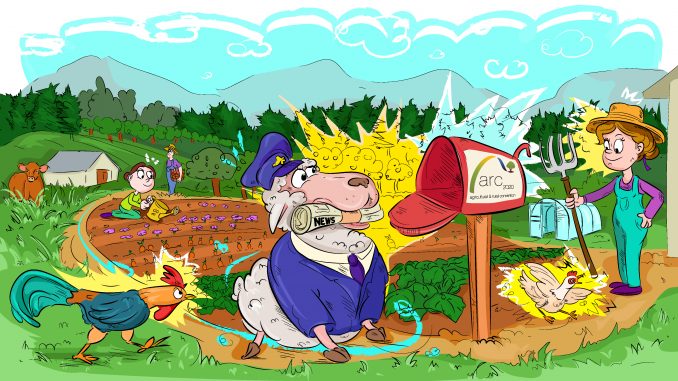
ARC2020 Newsflash May 2019
ARC2020 Newsflash May 2019

ARC2020 Newsflash May 2019
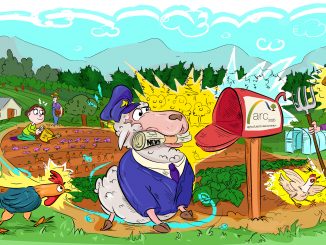
ARC2020 Newsflash April 2019

ARC2020 Newsflash March 2019

Today, thirty-three food and farming organisations, including ARC2020, have published an open letter to the top candidates for the next European Commission President to push for the implementation of EU Common Food Policy. Read it in full here. […]
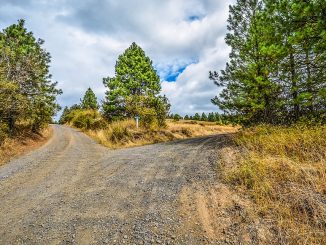
How do land sparing and land sharing scenarios play out? Is it possible to reach carbon neutrality in agri-food, using an agroecological approach, one that also takes other pertinent societal issues like soil health, human health and biodiversity into account? And what assumptions are built into land sparing scenarios? […]
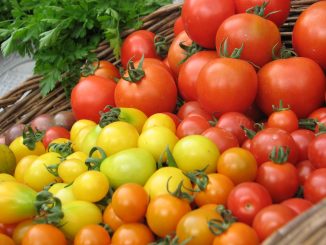
How does some research find organic to be better for fighting climate change, and other research finds the opposite? An explainer. […]
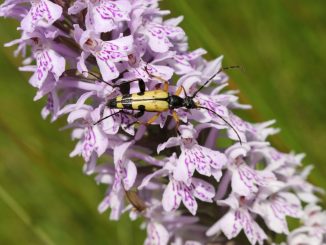
Its Earth Day Monday 22nd and to celebrate we’ve selected our twenty favourite, most appropriate, most thought-provoking and compelling reads to get in the mood. From rewilding to climate change, pesticides bans to the role of livestock in climate-friendly farming, and a gripping personal account of front line action in the Paris COP 21 climate change talks….it’s all here! […]
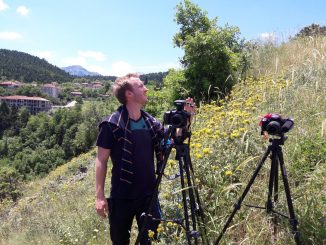
An exciting opportunity for young people to get involved with interesting, innovative sustainable rural development initiatives around Europe has come up. […]
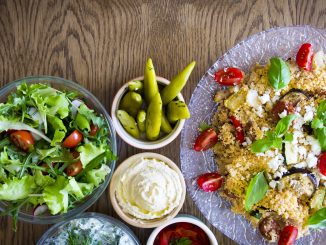
With the recent election of a mayor keen to strengthen local democracy and serve up healthy, local food for all, Ixelles, in Brussels, is laying the groundwork for an exciting local food strategy. ARC2020’s Hannes Lorenzen is involved. […]
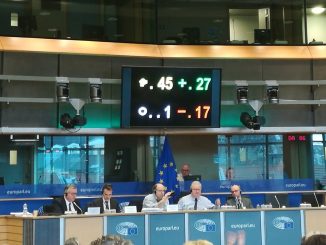
The Agriculture Committee in the European Parliament voted today by 27 votes to 17 (with one abstention) to agree its position on the CAP strategic plan. This votes represents a significant weakening of the environmental ambition of the CAP reform process, and little progress on fairness in agri and rural supports. However the next Parliament will have the option to reject this and start anew. […]

ARC2020 Newsflash February 2019

ARC2020 Newsflash December 2018
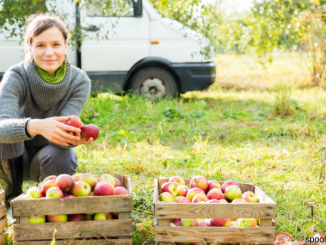
Hans Wetzels gets to grips with CAP and Poland, in particular how Polish farmers and Polish policy makers will adapt to likely changes, including a lower overall CAP budget. How the Nationalist party wins hearts and minds, Poland relates to EU subsidies and other EU countries, in particular France and Germany, and finally differences of opinion on organic farming’s productivity, feature in the final in this series. […]
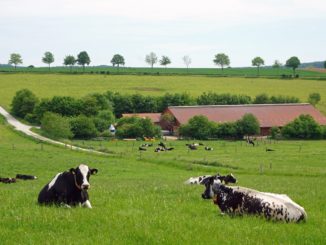
The Environment Committee (ENVI) voted on the 14th February on CAP proposals (Strategic Plans). With the Agriculture Committee voting in the coming weeks, before a full Parliament plenary, what were the key areas ENVI emphasised? […]
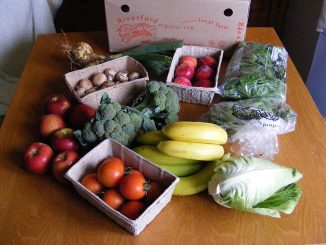
Organic agriculture is a productive form of agriculture delivering significantly higher public goods like soil fertility, biodiversity and better quality of surface and drinking water than conventional agriculture. Consequently, organic farming and other agro-ecological approaches have great potential to contribute to the achievement of sustainability goals at both domestic and international levels. […]
Agricultural and Rural Convention